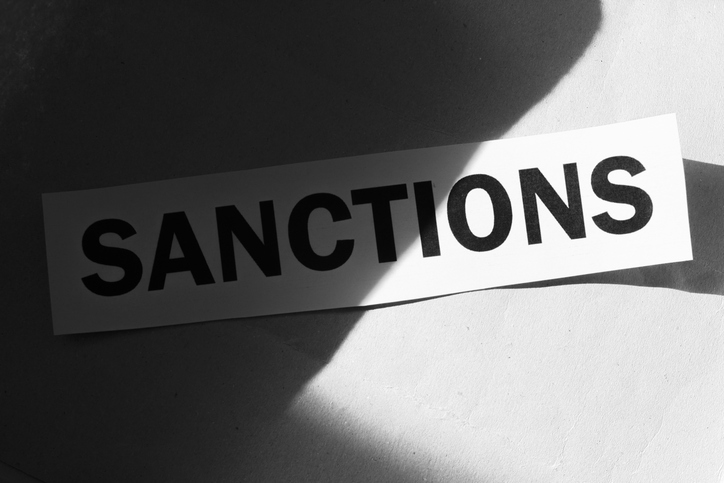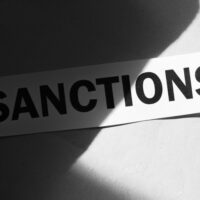

The Office of Foreign Assets Control (OFAC) enforces U.S. sanctions programs. These sanctions affect individuals, entities, and countries; compliance with them is mandatory for various organizations and individuals. Understanding who is legally bound by these regulations is essential for businesses and individuals to avoid significant penalties.
Understanding the Scope of OFAC Sanctions
OFAC sanctions target a wide range of entities and individuals. These include countries designated as state sponsors of terrorism, individuals, companies, or organizations involved in illegal activities such as money laundering or terrorism. When an entity is listed on OFAC’s Specially Designated Nationals (SDN) list, it is legally prohibited from doing business with U.S. individuals or companies. Therefore, U.S. companies and citizens must ensure they do not engage in transactions with these designated individuals or entities.
- U.S. Citizens and Residents
One of the most commonly misunderstood aspects of OFAC sanctions is that they apply to all U.S. citizens, residents, and entities, regardless of location. Whether a U.S. citizen lives within the country or abroad, they are still subject to U.S. sanctions. This means, U.S. citizens and residents must comply with restrictions related to specific countries or entities, as OFAC outlines.
For example, even if a US citizen lives in another country, they cannot engage in prohibited transactions with countries under US sanctions, such as North Korea or Iran. This has significant implications for businesses with international operations or foreign employees.
- Foreign Entities with U.S. Connections
Another group of entities bound by OFAC sanctions is foreign entities with U.S. connections. For instance, foreign companies dealing with business in the U.S. must adhere to OFAC sanctions. This extends to foreign financial institutions, even if they do not have a direct U.S. presence, as long as their transactions involve U.S. dollars or any other aspect of U.S. jurisdiction.
In many cases, foreign companies that deal with U.S. entities or have subsidiaries in the U.S. may not initially be aware that they are subject to OFAC sanctions. This can lead to confusion and unintentional violations. Hence, these companies must perform regular checks to ensure compliance with U.S. sanctions laws.
- The Importance of Screening
Companies engaged in international business must also be aware of the importance of screening transactions to avoid dealing with individuals or entities on the SDN list. For instance, if a company receives funds from a foreign bank or enters into a partnership with an international corporation, it must confirm that the other party is not subject to sanctions.
Failure to screen properly can result in hefty fines and reputational damage. Companies must have policies to ensure that their transactions comply with U.S. sanctions laws, especially when dealing with foreign governments, corporations, or individuals from sanctioned countries.
What are the Penalties for Violating OFAC Sanctions?
The penalties for violating OFAC sanctions can be severe. Individuals or businesses found in violation may face civil and criminal penalties, including substantial fines. The OFAC can impose fines for each violation, and in some cases, these can add up to millions of dollars. Additionally, there are reputational risks to violating sanctions, which can harm a business’s relationships with customers, partners, and investors.
Individuals and companies may face criminal charges that result in imprisonment or additional penalties. The severity depends on the violation’s nature and scope. Companies guilty of knowingly violating sanctions can face penalties up to $1 million per violation, while individuals may face fines up to $250,000 or imprisonment.
Compliance Best Practices for Avoiding Sanctions Violations
To avoid violations of OFAC sanctions, businesses and individuals must establish effective compliance programs. Here are some best practices:
Know Your Customer (KYC) Procedures: Businesses should have a robust KYC process to identify individuals or companies subject to OFAC sanctions.
Regular Screening: Ensure all customers, vendors, and business partners are screened against the SDN and other relevant OFAC sanctions lists.
Training and Education: Employees, especially those in compliance or legal departments, should receive training on OFAC regulations to ensure they are fully aware of their obligations.
Monitor Transactions: Continuously monitoring transactions is essential to detect potential violations before they escalate.
By implementing these practices, businesses can safeguard themselves from the risks of violating OFAC sanctions.
Are U.S. Companies Required to Follow Sanctions Imposed by Other Countries?
A common question is whether U.S. companies must adhere to sanctions imposed by foreign governments. While OFAC sanctions are mandatory for U.S. entities and individuals, there are instances where foreign sanctions can affect U.S. companies. In some cases, a foreign country may impose sanctions that align with U.S. regulations, and U.S. businesses may be required to comply with those. However, U.S. companies must primarily follow U.S. sanctions and may not be legally obligated to follow sanctions imposed by other nations unless there is a direct link to U.S. operations or interests.
Conclusion: Ensuring Compliance with OFAC Sanctions
Navigating the complexities of OFAC sanctions can be challenging, especially for businesses with international operations. Whether you are a U.S. citizen, a foreign entity with U.S. connections, or a company operating across borders, it is essential to understand who is bound by these regulations and how to stay compliant. Regular screening, comprehensive due diligence, and a proactive approach to sanctions compliance can help protect your business from penalties and reputational damage.
If you have any concerns about OFAC sanctions or need legal guidance on compliance, don’t hesitate to contact Zarkesh Law Firm, P.C. for professional assistance. Contact us today at (202) 730-9405 to discuss how we can assist you in navigating the complexities of OFAC sanctions.






